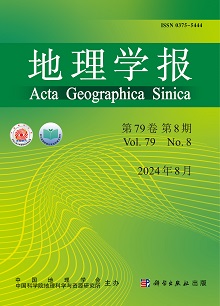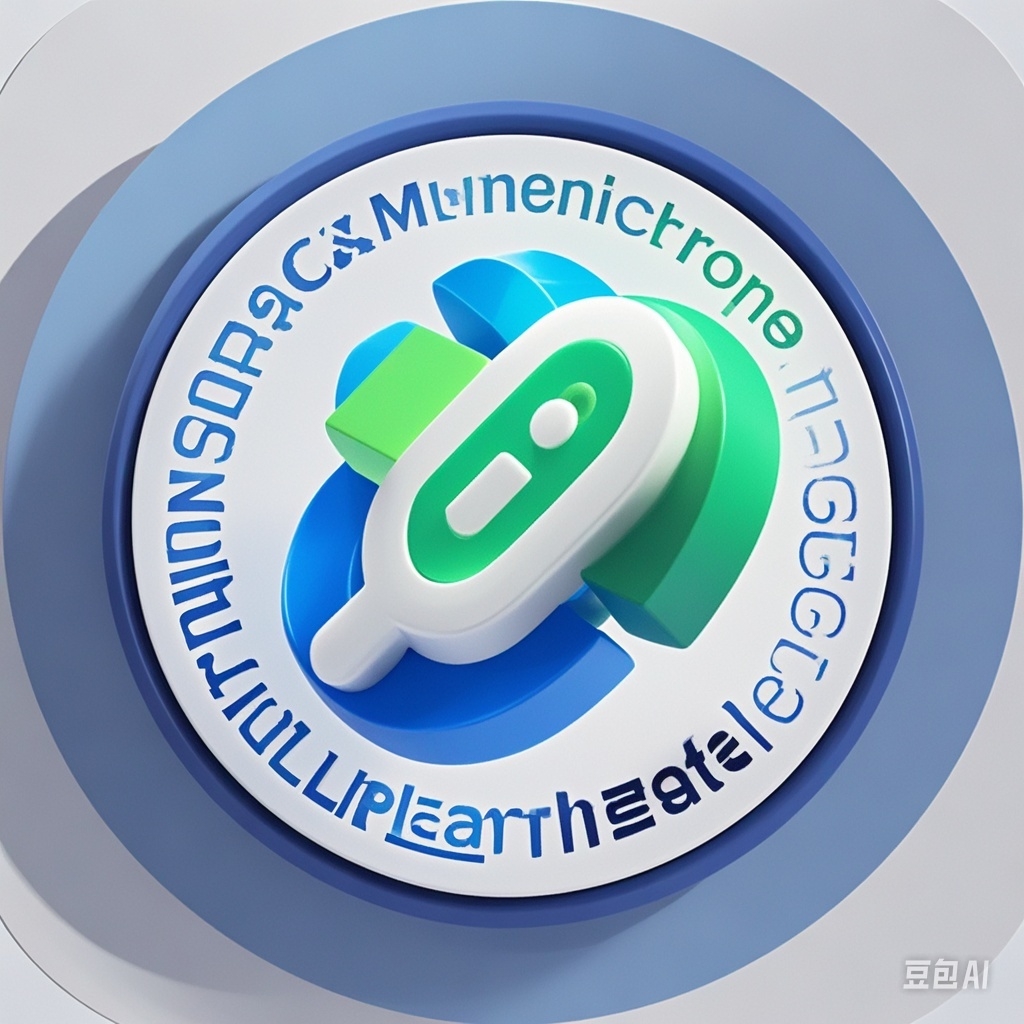Estimation of Groundwater Recharge and Assessment of Groundwater Quality in the Weining Plain, China
The Weining Plain is in the semi-arid northwest region of China, with groundwater as its main source for various purposes. This research provided a detailed investigation into the groundwater exploitation status in the Weining Plain, analyzed the groundwater quality for different purposes, and estimated the groundwater recharges using water budget analysis with end member mixing analysis. The entropy water quality index was applied to assess the overall quality of drinking water, and the industrial water quality index and several agricultural water quality indicators were used for the assessment of groundwater quality for industrial and agricultural uses. The findings showed that the groundwater recharge in the research area primarily comes from irrigation infiltration and leakage of the irrigation canal system which account for approximately 50-60% of the total groundwater recharge. The overall drinking water quality is poor, with over 80% being of moderate to poor quality and requiring treatment. A large proportion of the groundwater in the research area is suitable for irrigation. However, groundwater has a corrosive effect on boilers, and there is a high risk of boiler scaling and foaming. Only 12.41% of the water samples have good water quality for industrial use, and the treatment of the water quality for industrial uses is needed. This study can help local decision-makers understand the availability of groundwater resources in the Weining Plain and manage groundwater resources reasonably.
相关推荐
- Impacts of land use changes on the spatiotemporal evolution of groundwater quality in the yinchuan area, China, based on long-term monitoring data [2025-03-01]
- Building a More Sustainable Chinese Loess Plateau [2025-03-01]
- A new real-time groundwater level forecasting strategy: Coupling hybrid data-driven models with remote sensing data [2025-03-01]
- Health Risk of the Shallow Groundwater and Its Suitability for Drinking Purpose in Tongchuan, China [2025-03-01]
- Surface Water Pollution in the Middle Chinese Loess Plateau with Special Focus on Hexavalent Chromium (Cr6+): Occurrence, Sources and Health Risks [2025-03-01]



